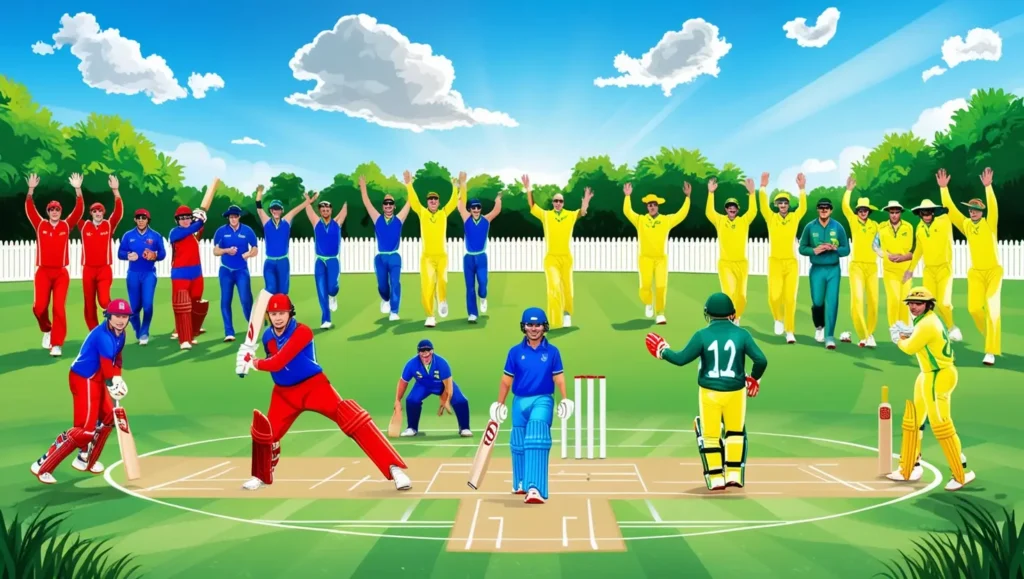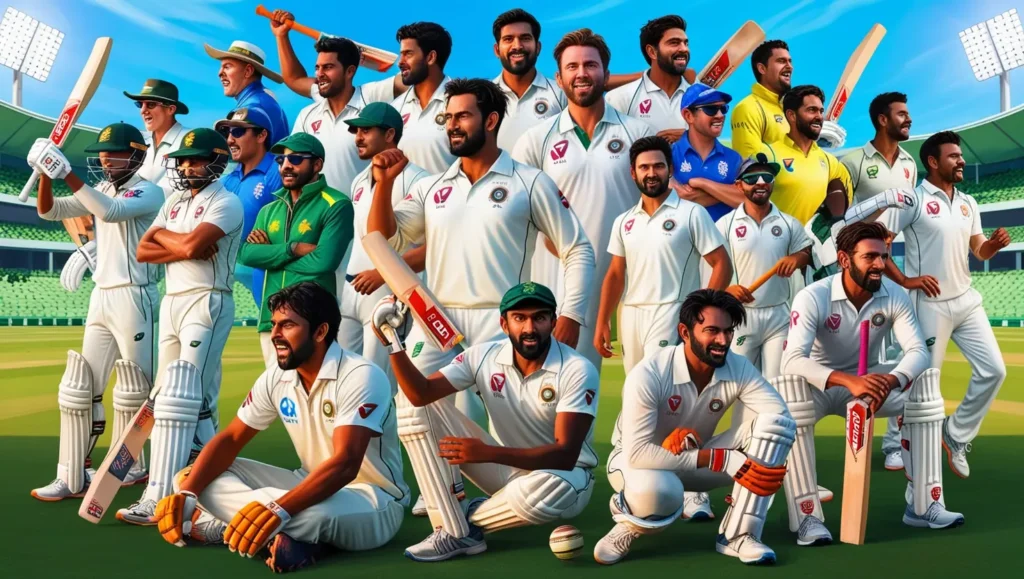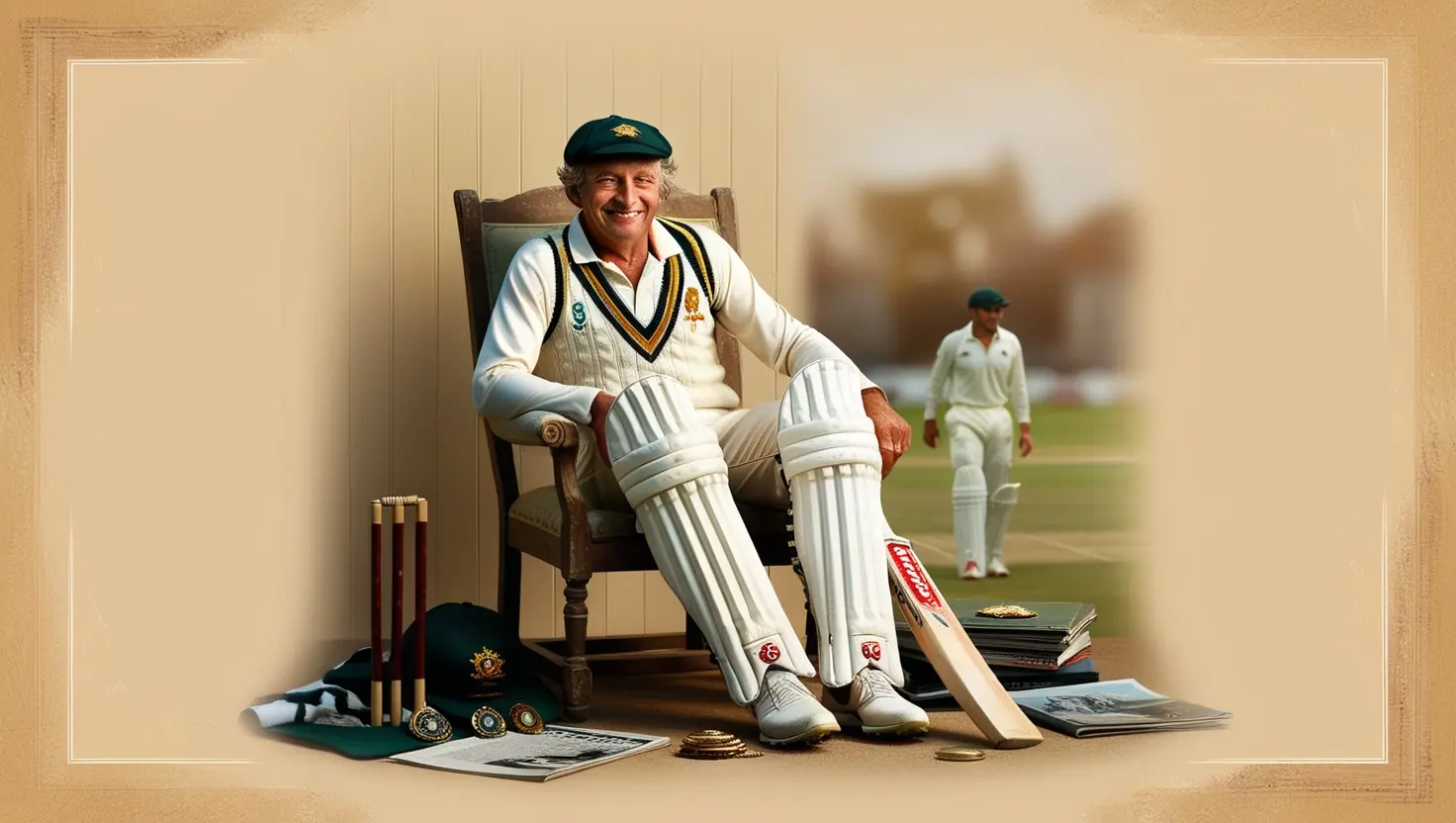Unlike most other conventional professions, there is no set retirement age in cricket, though retirement is largely on the individual player and, often, his form at the time and perhaps pressure from the team or public.
Cricket, by its very nature a demanding game physically and psychologically, has retirement age varying mostly between different players according to different roles, playing styles, and personal objectives. Some cricketers retire when they are as young as 30, and some, who are passionate and persevering, continue to play till they are 40 years old.
No fixed retirement age – a personal choice
This is what makes cricket special there is no retirement age, But, a usual trend is noticed in cricketers while taking retirement it has been found that most of the fast bowlers retire early when compared to batters. Let’s take an example of one of the greatest fast bowlers that is Dale Steyn. He retired only at the age of 36, as against this the greatest batsman of all time Sachin Tendulkar has served cricket for 24 years and retired at 40.
However, it is a very personal decision and the factors such as the realization of passing of peak, or fitness plays a crucial role in deciding retirement.
Completely Different Roles, Almost Completely Different Ages
As cricket positions go, retirement too is influenced.

Fast Bowlers:
The load on the fast bowlers is tremendous. A fast bowler needs to have explosive strength, and endurance, and to recover between spells, which, with age, becomes tougher. For instance, the Australian legend Glenn McGrath retired from Test cricket at 37. He felt that it was time as his fitness was going down despite maintaining his astonishing consistency.
Spinners
In contrast, spinners rely more on brains than on body. That means they can play longer. Sri Lanka’s Rangana Herath, for instance, retired at 40, after becoming the most successful left-arm spinner in Test cricket.
Batsmen
A batsman can have a much longer career if he takes care of his reflexes and hand-eye coordination. Alastair Cook, the former England captain, retired at 33, opting to go when he could walk away on his own terms. Misbah-ul-Haq played until the age of 43, leading Pakistan with composure and proved that age is just a number if fitness is maintained.
Fitness and Performance – The Big Deciders

Fitness cannot be neglected when it comes to deciding whether a player should retire or not. There are many cricketers such as James Taylor who had to retire from England at a very young age because of his health as against this you will see cricketers such as MS. Dhoni who is 41 and he is still playing a valuable part playing for the CSK.
Pressure from fans and team management
In cricket-crazy countries like India, Pakistan, and Australia, public expectations and media pressure also determine retirement. When the players fail to perform well, the calls for retirement become louder. Team management also sometimes makes tough decisions to bring in fresh talent. The legendary Australian captain Ricky Ponting was facing mounting pressure at the end of his career and retired at 37, giving Australia a chance to move into a new era.
Milestones and Personal Goals
For some cricketers, retirement is about timing it to achieve certain personal goals or milestones. Sachin Tendulkar retired after playing his 200th Test match, a record unmatched in cricket history. Players often try to leave on a high note, finishing their careers with memorable performances.
Cricketers Who Defied Age
Most of them retire in mid-30s but, some break the barrier and played after attaining the age to normally retire:
- Sir Jack Hobbs of England played international cricket till he was 47 years old which cannot be breached.
- West Indian explosive batter Chris Gayle played competitive cricket in his 40s and he dominated T20 leagues across the globe.
- James Anderson is 41 years of age and still playing Test cricket for England and demonstrating skill, fitness, and passion know no age.
Conclusion
All in all, there is no fixed age for retirement in cricket. Many cricketers play for a long time given their fitness, aspirations, support from the fans and many more factors contribute together. Also, it has been observed that fast bowlers usually retire at a very young age when compared to the batsmen.
| Home | Click Hear |






